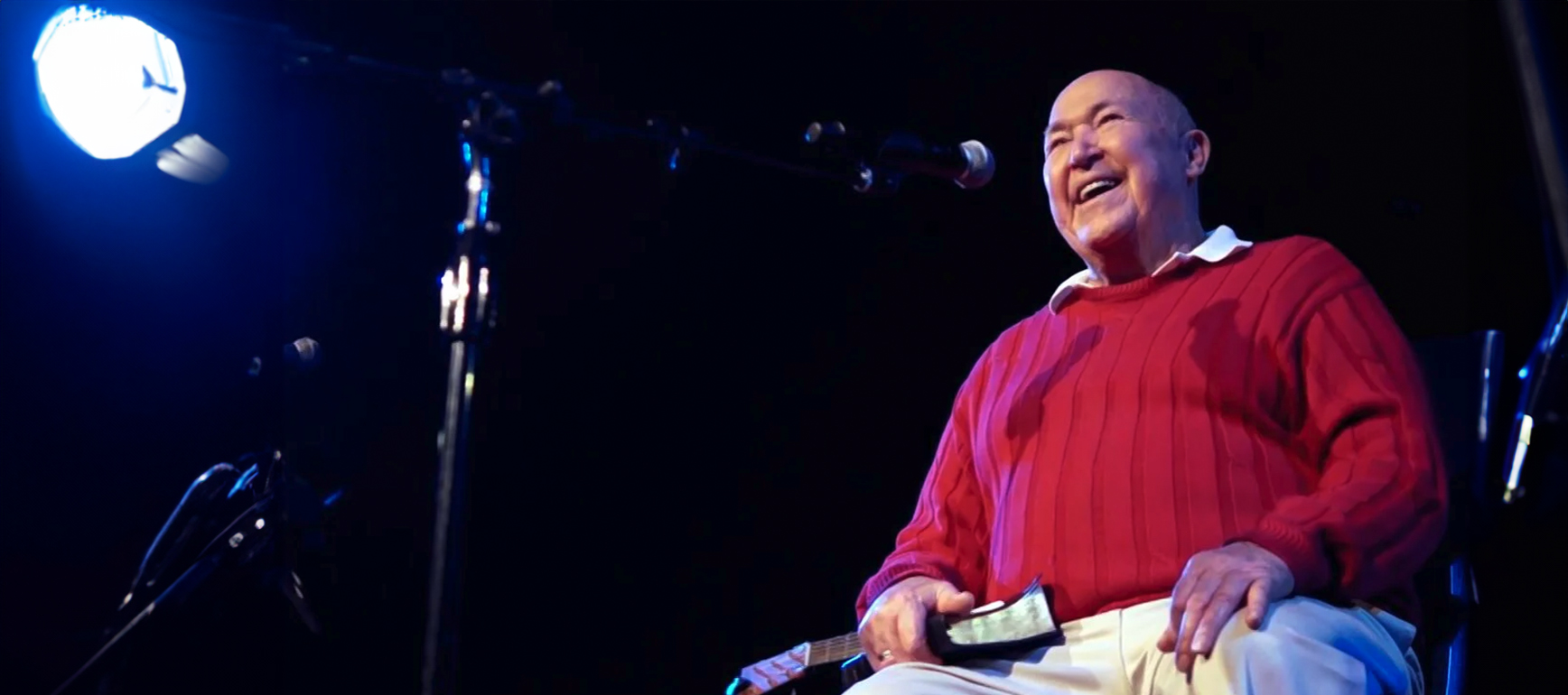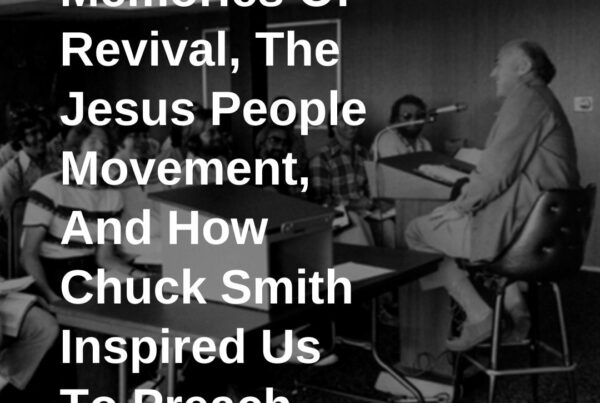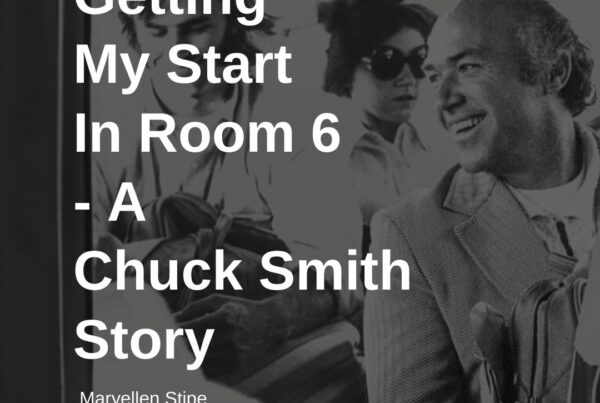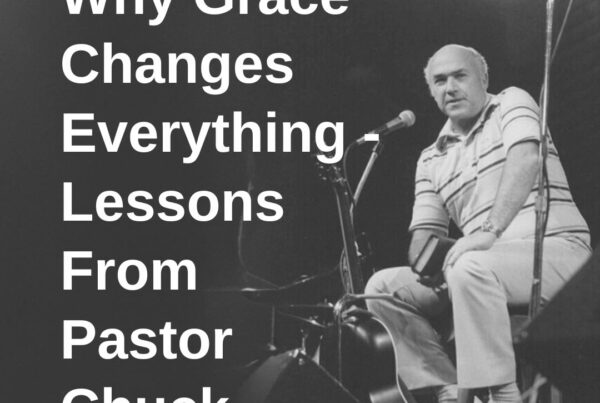
Great is Thy faithfulness!
Great is Thy faithfulness!
Morning by morning new mercies I see;
all I have needed Thy hand hath provided:
great is Thy faithfulness, Lord, unto me!
Great is Thy faithfulness, O God my Father;
There is no shadow of turning with Thee;
Thou changest not, Thy compassions, they fail not;
as Thou hast been, Thou forever wilt be.
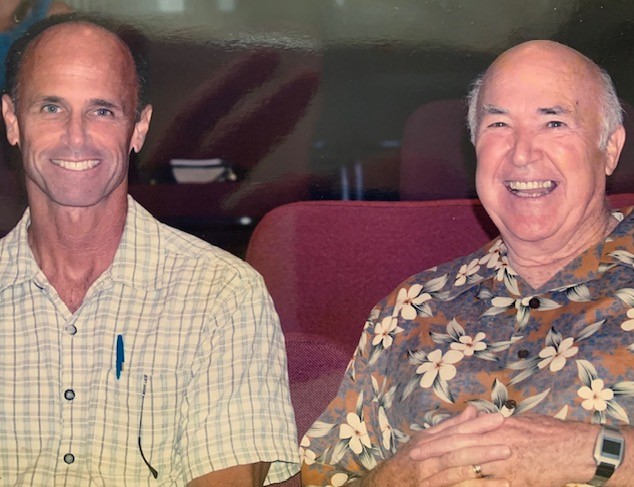 This may have been Dad’s favorite hymn—it was certainly up there in the top ten. As I read the lyrics, I can hear his voice, at times straining at the high notes, but louder than the piano and organ accompanying the hymn. Anyone who sat near him on the platform during worship can confirm this fact. For Dad, “Great Is Thy Faithfulness” was not merely another song in the Sunday morning lineup; it was his life’s experience. He felt the reality of its every word, and sang their truth from the deepest place of his soul.
This may have been Dad’s favorite hymn—it was certainly up there in the top ten. As I read the lyrics, I can hear his voice, at times straining at the high notes, but louder than the piano and organ accompanying the hymn. Anyone who sat near him on the platform during worship can confirm this fact. For Dad, “Great Is Thy Faithfulness” was not merely another song in the Sunday morning lineup; it was his life’s experience. He felt the reality of its every word, and sang their truth from the deepest place of his soul.
Has it really been ten years? I am not the only one who wishes Dad and Mom were still here with us. Many people have told me they feel the same—and I know there are hundreds more. Dad’s unshakable confidence in God’s goodness and “very present help in trouble” strengthened our trust in God. My dad’s belief in God’s assistance produced a constant attitude of assurance that was more positive than anyone I have ever known.
I think Dad’s underlying approach to the Scriptures could be described as a common sense theology. I have heard that many preachers, after graduating seminary, spend the first five years of their ministry preaching to their former professors. That means they are addressing complex biblical riddles far above the daily concerns of their parishioners, answering questions that no one in their audience had asked. Dad always spoke to the real and relevant concerns of the many people who brought their worries and fears, heartaches and hopes, family and friends with them every week (or twice a week, or three times a week, or every day on the radio). Dad once asked me, “Do you know what I think is good Bible teaching?” My mind immediately went to “Pointing out the profound truths revealed in the Scriptures?” His answer, “Presenting the Bible in a simple way that makes it easy to understand for everyone. I want to reach for the books on the top shelf, and bring them down to those who are not trained to reach that high for themselves.”
I suppose, like most children as they mature and then age, I am frequently surprised to realize just how wise Dad was regarding the best ways to navigate through life, responding to its many challenges and dealing with all kinds of people. One of Dad’s homegrown proverbs was, “Blessed are the flexible, for they shall not break.” Dad could take a position to which he seemed to be adamantly committed, and then turn around and do the opposite.
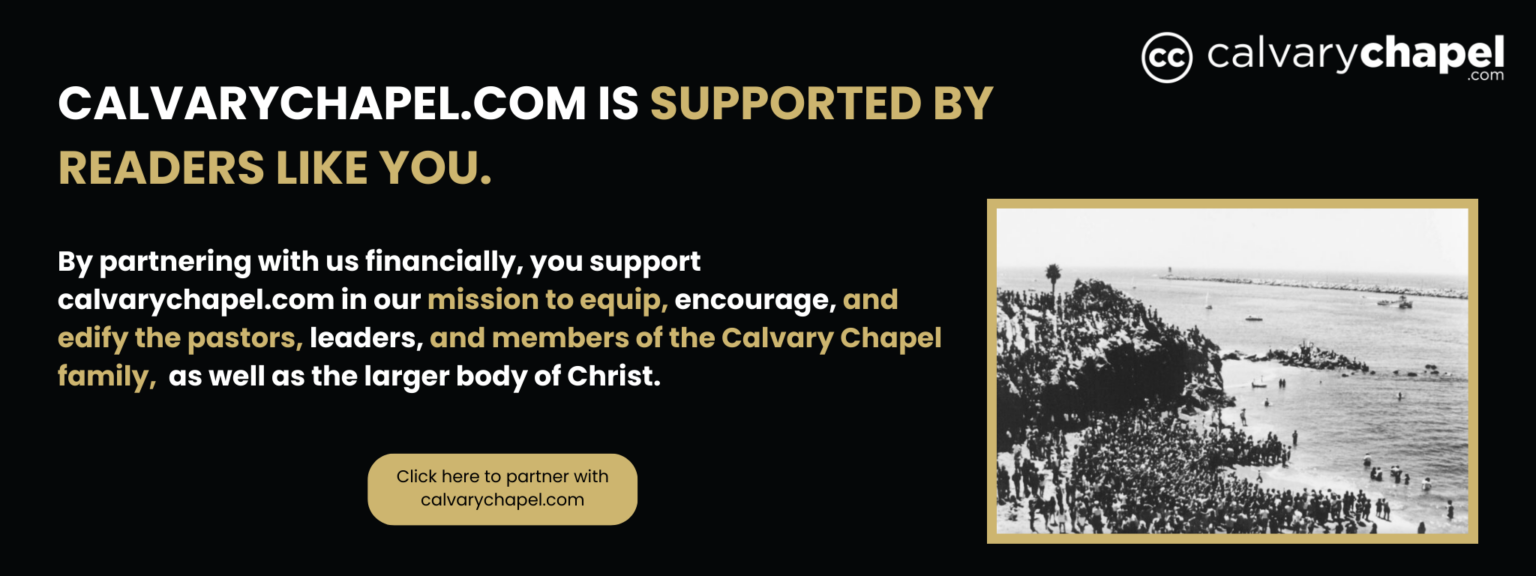
For instance, Dad was frugal and very strict with his and the church’s finances. (Steve Mays, whom Dad trusted and had volunteered to assist my dad in the administration of the church for several years, once told me, “Your dad pinches pennies so tight that Lincoln’s eyes bulge out!”) Yet Dad’s generosity toward people in need could be shocking. From the pulpit, Dad could be very hard on sin, but one-to-one, he could be very understanding and merciful with sinners. Dad may have expected a lot from others, but he also was willing to give them a lot of help. In his sermons, he could lead us to high places, but in daily life, he was there working with us in the trenches. In fact, Dad enjoyed performing manual tasks for others, from changing a tire to repairing a watch band.
I suppose it is obvious that Dad would have never retired. Perhaps only his family and a few close friends have an idea of how many times he pushed himself through physical pain. In his last sermon, when dressed in a suit and tie, an oxygen tube draped around his neck, he had to draw a deep breath before exhaling every sentence he spoke. He pushed himself that morning because he had promised the church he would be back that week to “feed his flock.”
One year, we spent our family vacation driving up the California coast because Dad was to perform a wedding in Santa Barbara. As we approached Ventura, Dad began telling us stories about growing up there. The one that interested us the most took place when he was three years old. The city of Ventura was pouring a new street along the side of my grandparents’ home. At that time, the street was concrete rather than asphalt. Dad told us that while the concrete was still wet, he stepped off the curb, walked about four feet into the street, fell, and got up and walked back to the curb. When we got to Ventura, Dad drove us through an old neighborhood to a house on a corner, where he slowed down and pointed out the window. Sure enough, there were those little shoe prints stamped on the street. They led out to a point where he had fallen, leaving an impression looking like some sort of abstract masterpiece, and then the shoe prints returned to safety.
Years later, I drove my family through that neighborhood and pointed out the Smith landmark. Sometime after that I drove to the historic site again, and it had been covered over with asphalt.
If back then I had money to burn, I would have liked to purchase that block of concrete as a memento of my dad’s childhood. Who knows? Maybe in ten thousand years, archeologists excavating that area may wonder who the prodigy was that left such a lasting impression on the planet. But more significant than such a find is the impression my dad has made on our lives forever.

